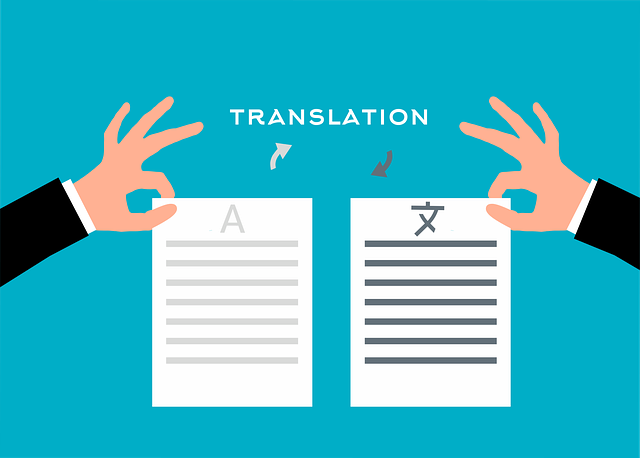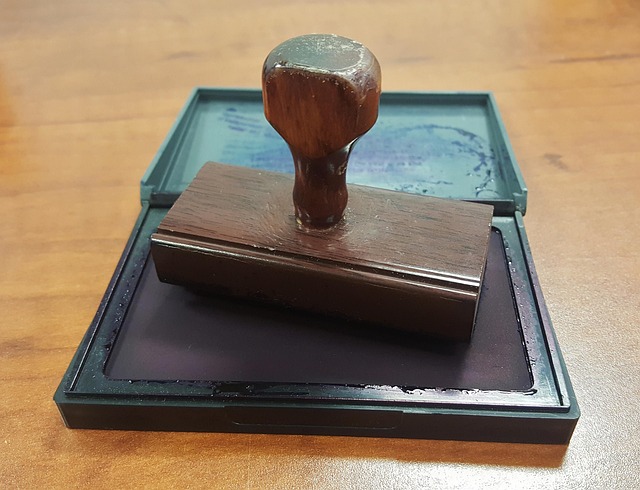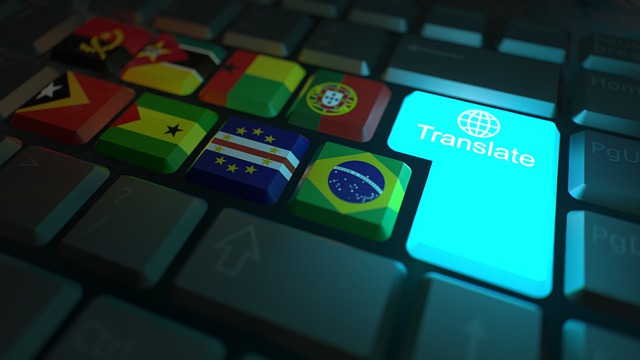Rapid Translate Team
Sworn translators handle legal, administrative, and official translations. They offer translations that are always high quality, standard, and professional. Thus, they guarantee the official usage of your documents. Therefore, you should know where to get sworn translation services.
But then, before contacting a service provider, you must understand the concept of sworn translations. Other important factors to learn include the countries where this kind of judicial translation is acceptable. You should also be able to procure the service in various languages. Luckily, this post explains it all.

Table of Contents
Understanding Sworn Translations
A professional government-appointed translator does sworn translations for legal documents. When they translate your document, they will sign a declaration, guaranteeing the accuracy and completeness of the translation.
It also comes with their official seal. You can use your documents with a sworn translation for any legal proceedings.

Who Is a Sworn Translator?
A sworn translator is an official who has taken a legal oath in court and can translate your documents. When they work on your documents, your files carry legal weight.
In certain countries, these document translators must complete certifications and get their credentials from government officials. They then have an official stamp, which they place on the translated documents.
Moreover, their translations have jurisdictional limitations, i.e., valid only in a specific area or jurisdiction.

Do All Countries Use Sworn Translators?
No, not all countries use sworn translators. You’ll only find sworn translators in countries following civil law. Continental Europe, the Middle East, East and Central Asia, South and Central America, and North African regions practice this system. In most countries in these regions, you’ll need to use sworn translators for official translation work.
Conversely, countries that practice the common law legal system use certified translations. This includes the US, Canada, Australia, and the UK.
In other words, it’s clear that sworn translators are not universal. It’s only important when submitting an official document to certain institutions or government agencies in specific countries.
For example, if your document is in English and you need to translate it into French, you’ll need a sworn translation. This ensures your file is ready to use in France.
Key Differences Between Sworn and Certified Translation
It’s common to hear sworn and certified translations and assume they are the same. However, as highlighted below, there are several differences between these translation types.
| Categories | Sworn Translator | Certified Translator |
| Credentials | Gets appointed by the government and swears a legal oath. | Receives certification from a professional organization, like the American Translators Association (ATA). |
| Legality | Recognized in countries that follow the civil law system, like Brazil, Germany, Spain, and France. | Recognized in countries with common law system, like the US, Canada, the UK, and Australia |
| Translation process | Translates the document and uses their official stamp to indicate the translation is accurate and legally usable. | Translates the document and provides a certificate of translation to attest to the translation’s accuracy. |
When Is a Sworn Translation Required?
A sworn translation is necessary if you need to submit official documents for administrative or legal processes in a foreign country. With this type of translation, authorities know your documents are legally valid.
Here are some situations where you’ll need to use sworn translation services:
- Immigration
- Legal proceedings
- Regulated professions
The easiest way to know what type of translation your documents need is to ask the officials. As highlighted earlier, you may need sworn translations if the country has a civil law system.
What Makes a Sworn Translation Unique?
A sworn translation is unique because:
- It comes with a statement to confirm the accuracy and completeness of the translation.
- It makes sure your documents are legal in foreign countries.
- It has the translator’s seal to let the officials know the translated documents are authentic.
- It is just as important as the original document, even in a different country.
Is a Sworn Translation Legally Valid?
Yes, a sworn translation is legally valid in countries that practice the civil law system. However, the translation has boundaries. Here’s a sworn translation example. When you get a sworn translation in Mexico, you can only use the document within the country’s borders.
If you go to another Spanish-speaking country, like Spain, the translated document won’t have any value. You’ll need to get another sworn translation to use your document.

What Is a Sworn Translator’s Stamp?
The sworn translator receives an official stamp that they can use to verify the authenticity of the translated document. When officials see the stamp, they get the following information:
- The translation is from a sworn translator
- The translated document accurately represents the original version.
- The translation is accurate and complete
- There are no signs of tampering, i.e., the translated document is authentic.
How To Become a Sworn Translator
Interested in becoming a sworn translator? The process of becoming a sworn translator varies depending on the country. The court will authorize you to work as a sworn translator in most regions.
However, there are a few things you need to do:
- Have a diploma or a Master’s degree in foreign languages. For example, the Diplomas of Spanish as a Foreign Language or Diplomas de Español como Lengua Extranjera (DELE) are good.
- Work for a professional translation agency to make sure you have the necessary experience.
- Be a resident of the country where you want to work as a sworn translator.
- Make sure you don’t have any criminal history.
Now, you don’t need a Master’s degree, but you must ensure you’re proficient in at least two languages. Similarly, getting professional experience isn’t mandatory, but it helps in your journey to become a sworn translator. In some countries, you may need to take a test before you can work as a sworn translator.
Here’s how to become a sworn translator:
- Complete the official translation exam in your country. For example, you must write an exam from the Berlin State Examination Office in Berlin, Germany. Only after passing the test will you be eligible to receive the authorization from the court.
- File the sworn translator application with a public prosecutor or a relevant authority.
- Wait for the police to complete a background check.
- Visit a court and take a legal oath in front of the judge.
Once you complete this process, you’ll receive your stamp and seal and can start working as a sworn translator.

Are There Sworn Interpreters To Assist With Conversations?
Yes, sworn interpreters will assist with conversations. For example, you can work with a sworn interpreter when you must appear for a court or notarial proceedings.
They primarily work in courts and immigration agencies. These professionals also facilitate international business operations and transactions. You can also find them in tribunals and other official settings. Their job involves real-time communication and participation in active conversations.
Countries that employ sworn interpreters make sure these professionals have the necessary training to handle the workload. Because they also work in the legal field, they have the knowledge to help you with various legal processes.
Getting Sworn Translations in All Languages
It is possible to get sworn translations in all languages. These professionals work with specific language pairs, and their country’s court appoints them. If you’re looking for a sworn translator, the best option is to approach a consulate or embassy in your country.
A list of sworn translators for most regions is available, so you can also use this as your starting point.
However, finding professional translators for specific languages may be challenging because they are difficult to learn. Thankfully, Rapid Translate can help if you can’t find one.
We offer sworn translation services in over 60 languages. We ensure the sworn translators are in your country so that the translated documents are valid. We can even expedite the translation process if you’re short on time. Plus, we also offer all types of translation services for every document imaginable.
Contact us today and receive error-free and legally accepted translated documents as soon as possible!
FAQs
Is there anything else you want to know about sworn translation meaning? This section answers all sorts of queries you may have on this topic.
Can you use a sworn translation instead of a certified translation?
No, you cannot use a sworn translation instead of a certified translation. Although both focus on translating the document, one type of translation may not be legally usable in a specific country. You should check what type of translation is necessary before contacting a professional translation agency.
Why is a sworn translation more expensive than a certified translation service?
A sworn translation is more expensive than a certified translation service because:
• The number of sworn translators is far lower, especially for specific languages.
• Sworn translators are legally liable for the translations they provide.
• These professionals also offer another level of certification, increasing the final cost.
What should you do if your country doesn’t have a sworn translator?
If your country doesn’t have a sworn translator, ask the foreign embassy if they have a list of sworn translators. Another option is to use an online professional translation service like Rapid Translate. We provide sworn translations in multiple languages.





